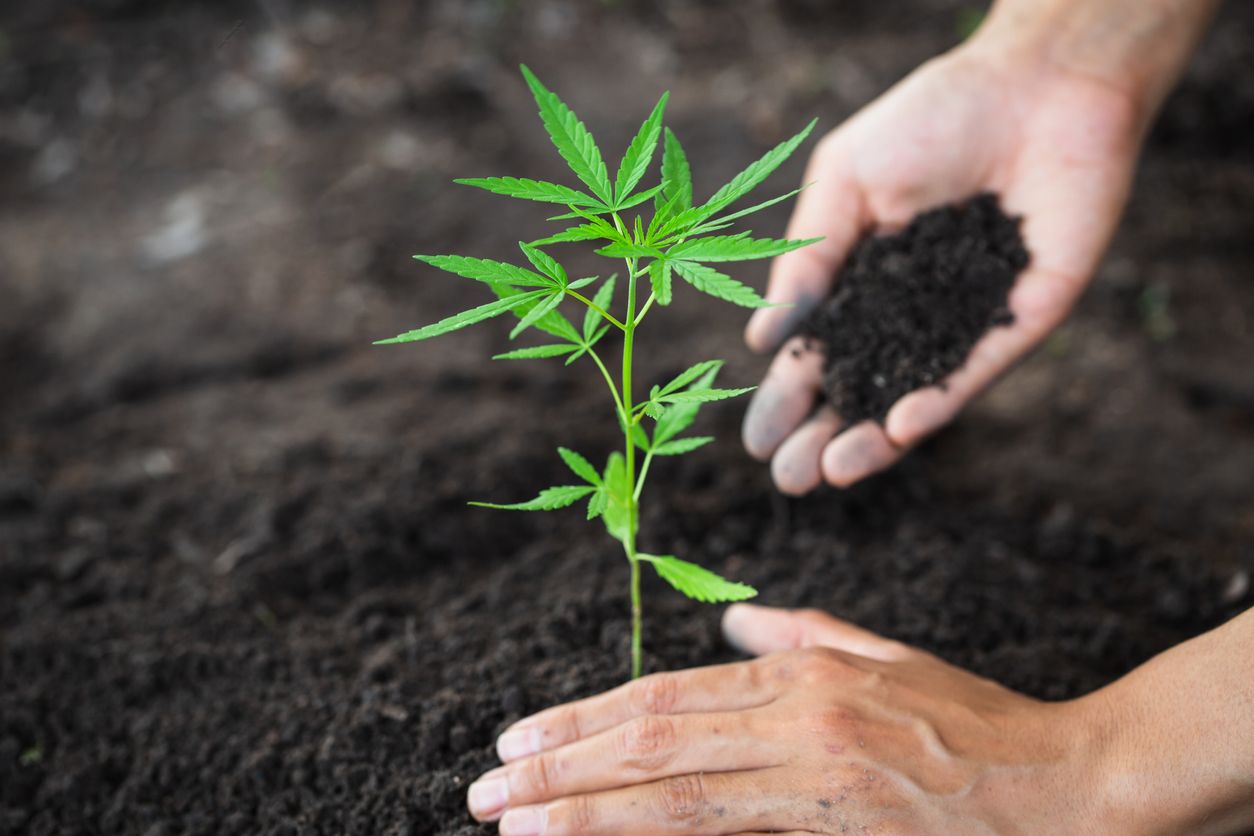Millennials and boomers have cannabis preferences in common

Generational change is a fact of life, as each group grows up in a world that looks very different than the one that their parents came from. Younger people are insulted if you imply that they are anything like their parents, as they view themselves as evolved as they are, in a sense, and this tends to lead to a significant difference in opinions. Right now, some of the most highlighted generational differences lie between millennials and boomers.
Millennials are stereotyped as lazy, easily offended, and incapable, while society views baby boomers as the last generation to know what having it hard truly means. It makes sense when you think about it, as they grew up in a time where it was easier to buy your first car or home, and high paying skilled labor was the norm as far as available work. A simpler time where one income kept the bills paid and one parent stayed at home to raise the kids.
We think of this as the golden age, of a booming economy that we all wish that we could get back to somehow, so this fondness is passed off as an appreciation for the experience, but we know what we have very little in common due to this huge difference in environments, and there is at least one scenario where that doesn’t seem to be the case.
What is a boomer?
Baby boomers are generally defined as the group that was born between 1946 and 1964, which is when the infamous baby boom took place at the end of world war 2. So, if you or anyone that you know was born between those years, then the title of boomer officially applies.
What are millennials?
Many people view millennials as young people that are still living at home, which tends to bring to mind the idea of younger aged adults that range between 18 and 25 today, but they are actually at the point in life when they are having kids of their very own, buying homes, working, and they are relatively, if not completely, self-sufficient. Millennials include anyone who was born between 1981 and 1996, as the term means the generation that is coming of age during the early 20th century.
The facts
Millennials are the ones who are using the most cannabis today, and that makes sense as they’ve been adults since the very start of legalization, so they’ve had the most opportunity to do so legally at a time in their lives when they are socializing, having fun, and partaking in recreational substances more frequently, as they tend to be in better health. However, they aren’t the only ones who are using a lot of pot, as many of their parents or even grandparents are reporting similar rates of use and preferences.
Why that may be
Young people tend to use more cannabis because they feel youthful and they aren’t afraid to get a little bit tipsy anymore, but baby boomers grew up in the ’60s, a time when cannabis was widely used among youth despite its ever-present illegal status, so many of them have a comfortability with pot that other consumer groups might not, but that’s not the only thing that’s keeping our group of boomers on par with millennials.
Boomers are getting older, and with age comes a surprising number of health issues that may arise at any time. Things like aged injuries are coming back to haunt them, and sore joints alongside other age-related conditions are popping up what seems like everywhere. It’s natural to experience more health issues as we age, and the boomer generation is no different, but what has changed is that they’re turning to cannabis instead of pharmaceutical medicine.
Over 30% of boomers will experience some sort of health problem that is pain related, or neurological, and with all that, we know about cannabis, and it’s positive effects on these uncomfortable issues, many have chosen to seek medicinal pot products as a less risky treatment option. Then, of course, there are the ones who just want to get high, many of which haven't completely quit since the trailblazing ’60s, so there are a lot more consumers in this age range than most would assume.
Similarities
Verilife conducted a recent study on cannabis preferences, and what they uncovered is pretty amazing because it shows that these two groups have a lot more in common than they might like to admit. Both generations enjoy inhalation more than any other method of consumption, and they also spent a similar amount of $76 monthly on cannabis. Not surprisingly, with the stress of the pandemic mounting, both groups also increased their average monthly spending by $27 per month, and the similarities don’t end there.
Approximately 20% of each group said that they used cannabis for both recreational and medicinal purposes, and 50% of boomers reported medicinal use only, while 49% of millennials claimed to have the same intention. The only real difference between the two was the medicinal reasons provided for using cannabis, as boomers noted more age-related conditions, and millennials were more likely to treat temporary ailments such as injuries or migraines, and the fact that millennials prefer their wake and bake more so than their older counterparts.
Share a hit with grandma
So while you might pay a lot of attention to the difference between you and those that came before you, it is important to note that the two most touted against each other generations actually have the most in common at least in this on respect. Millennials might not be able to relate to everything that their parents and grandparents are doing, but if they’re in the boomer group, it just might be worth offering to share a hit. The worst that will happen is they’ll say no, and the best could be a brand-new bonding activity that could bring you closer together.


